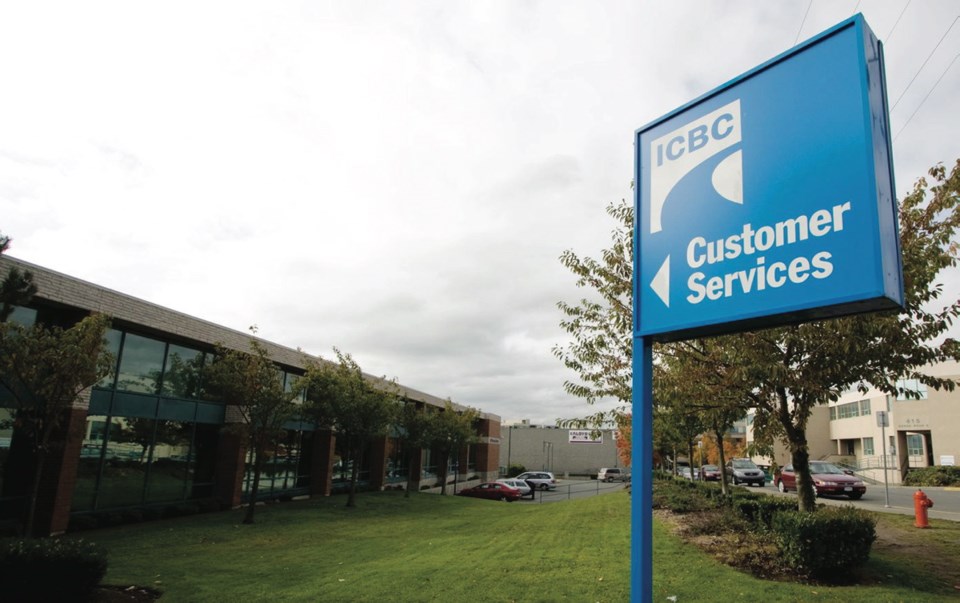The province is giving the Insurance Corp. of B.C. two extra weeks to figure out how much to increase insurance rates.
ICBC now has until Sept. 15 to file its rate application for mandatory basic insurance, which is part of its revenue requirements application to the B.C. Utilities Commission.
An interim rate will take effect Nov. 1, while BCUC reviews the full application.
Attorney General David Eby, the minister responsible for ICBC, said British Columbians won’t face the 20 to 30 per cent rate increase that accounting firm Ernst and Young said could be necessary to fix the Crown corporation’s finances.
“We need the extra two weeks to ensure we’re keeping rates affordable for British Columbians and that we’re true to our commitment not to do this 20 to 30 per cent rate increase.”
Ernst and Young’s 203-page review, released last month, painted a dismal picture of ICBC and outlined “significant structural problems.”
Despite collecting higher premiums than other provinces, the Crown corporation still doesn’t have enough to cover the cost of claims and is on track to add $1.1 billion to its deficit each year.
The review said drivers could face an average 30 per cent increase in rates by 2019, if trends continue.
Eby said the additional time will give the government an opportunity to assess ICBC’s financial challenges, with the goal of keeping rates at the lowest possible level.
“Like most British Columbians, I was quite startled to discover, five weeks ago when I became responsible for the file, the financial mess that was taking place and is continuing to take place at ICBC. We’ve been doing a lot of work to identify early steps we can take to turn ICBC around and a way to avoid the recommended 30 per cent rate increase from the Ernst and Young report,” he said.
Last month, the government also rejected the ideas of photo radar and no-fault insurance, which were identified by Ernst and Young as potential solutions.
The report is only one factor in the government’s calculations and doesn’t cover all of the issues at place, including the cost of material damage such as crumpled bumpers and broken windshields, Eby said.
The Canadian Taxpayers’ Federation issued a statement last week calling the province to end ICBC’s monopoly over selling basic car insurance and return it to a co-op model whereby policy holders are co-owners. “We need to look at real reforms to our auto insurance system in B.C., otherwise drivers will continue to get gouged by a politically manipulated monopoly,” said the Kris Sims, the federation’s B.C. director. “Limiting payouts to injured British Columbians and hitting them with photo radar are terrible options. Let’s break the monopoly and let competition help keep rates in check.”
Last year, ICBC applied for a basic rate increase of 4.9 per cent.



